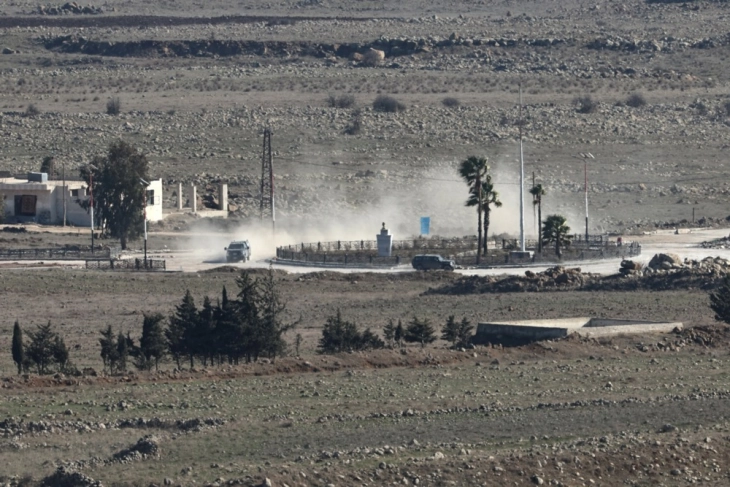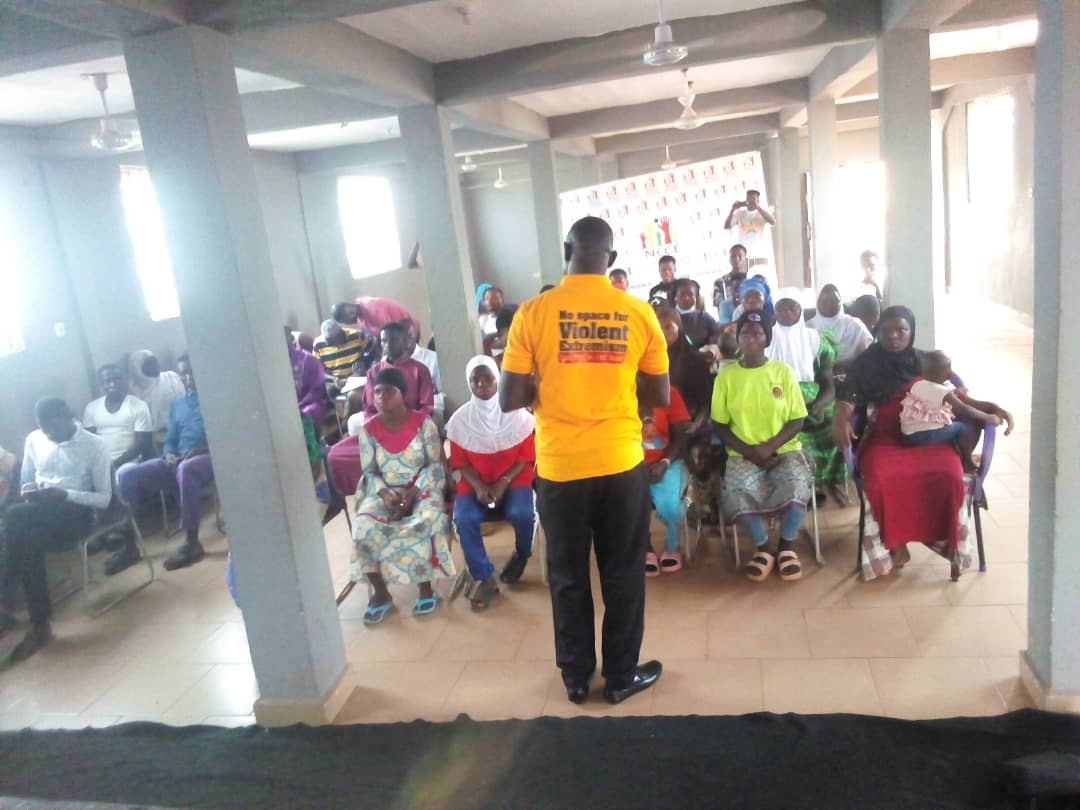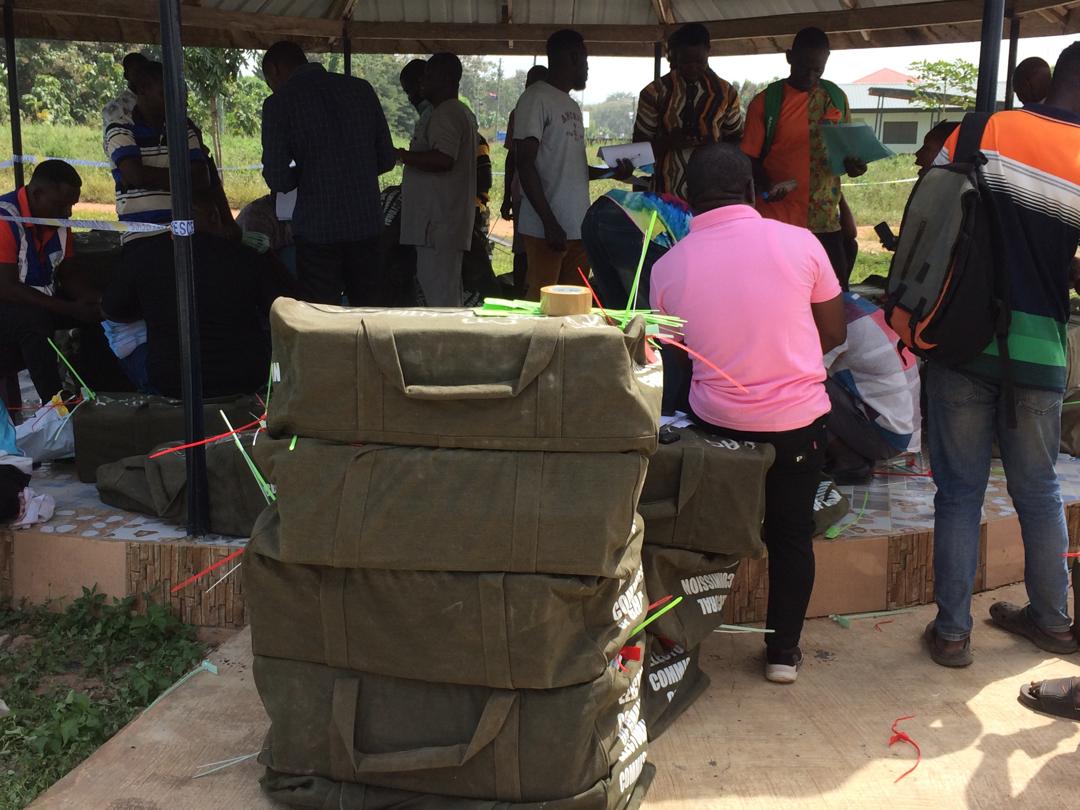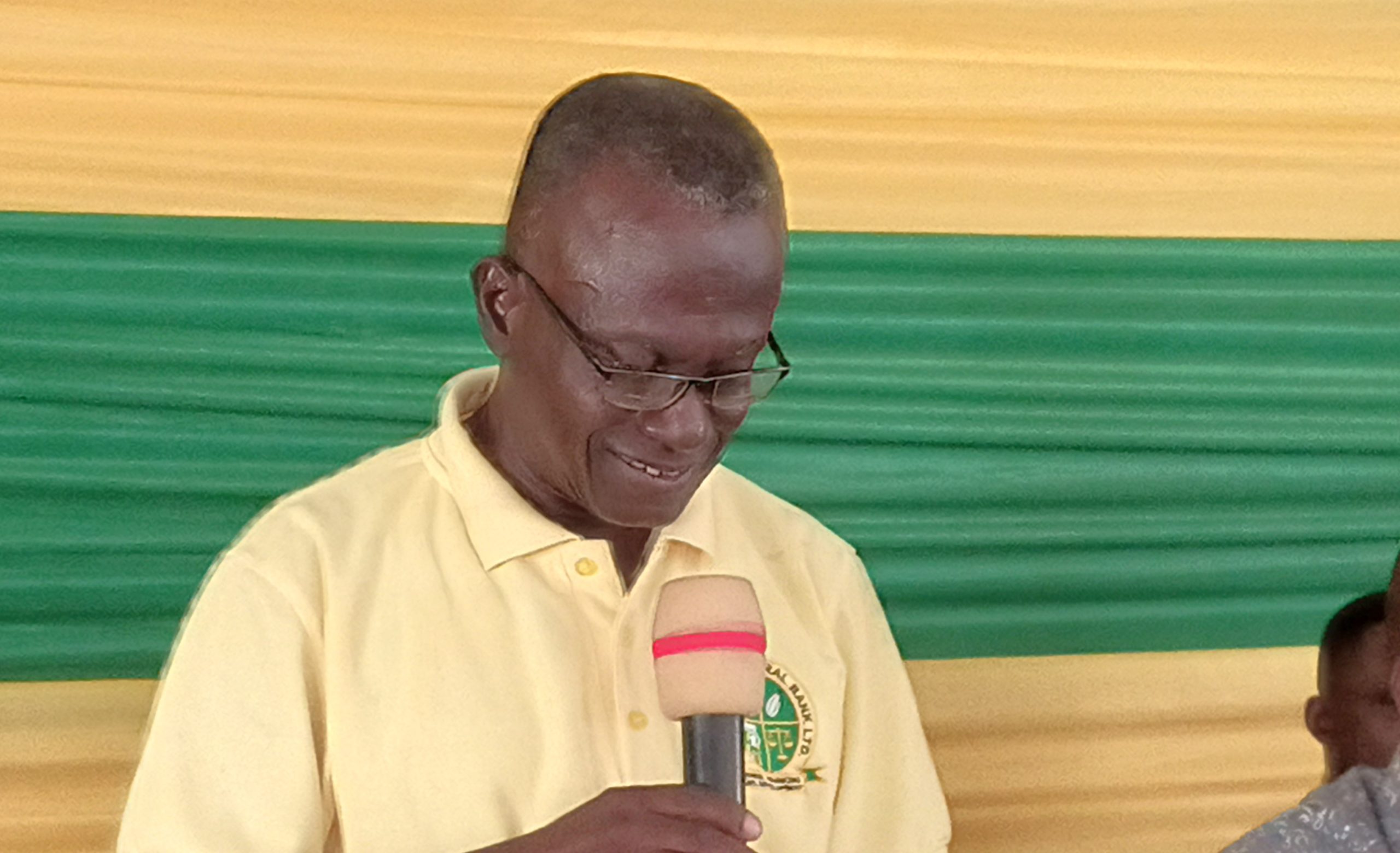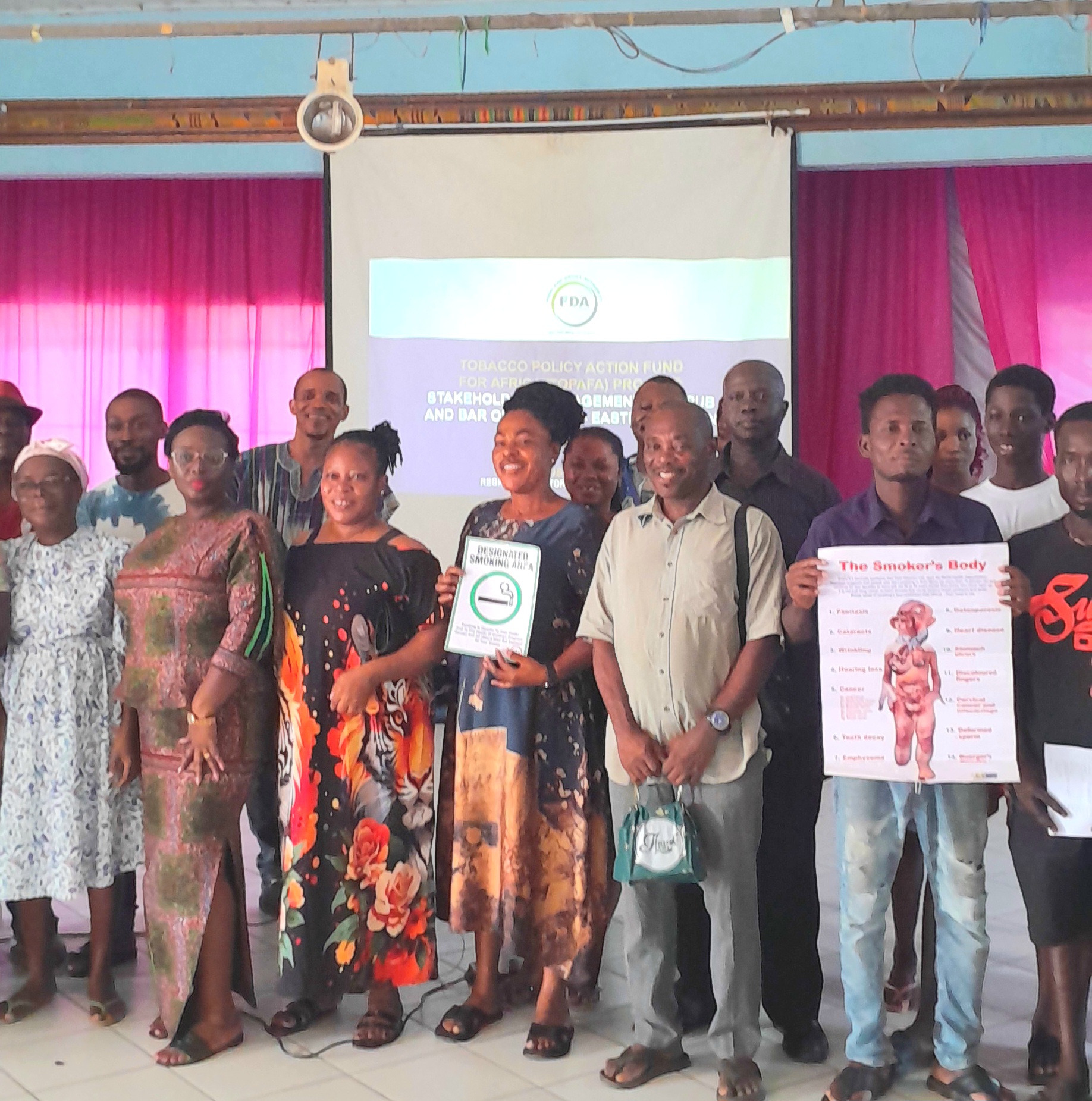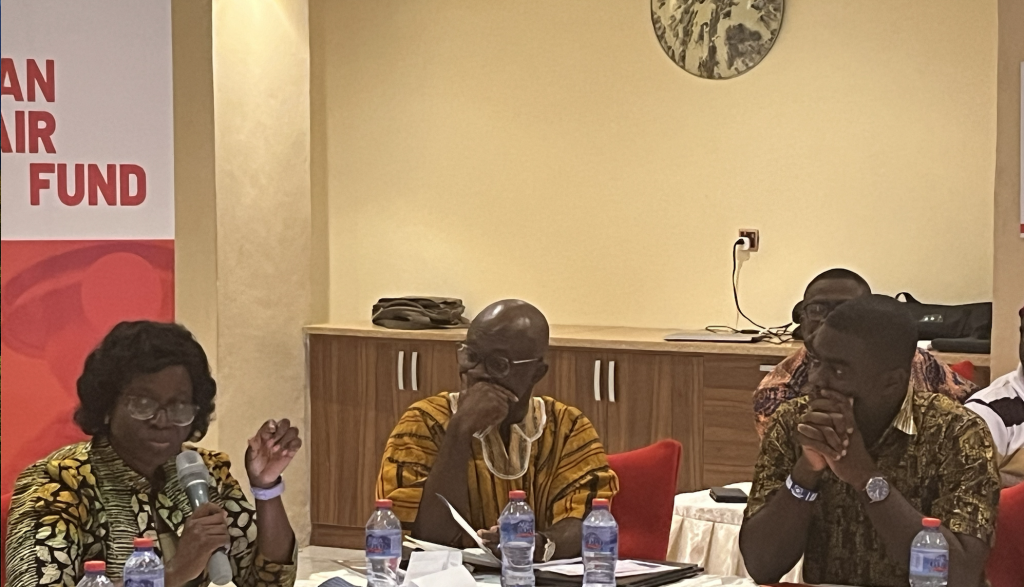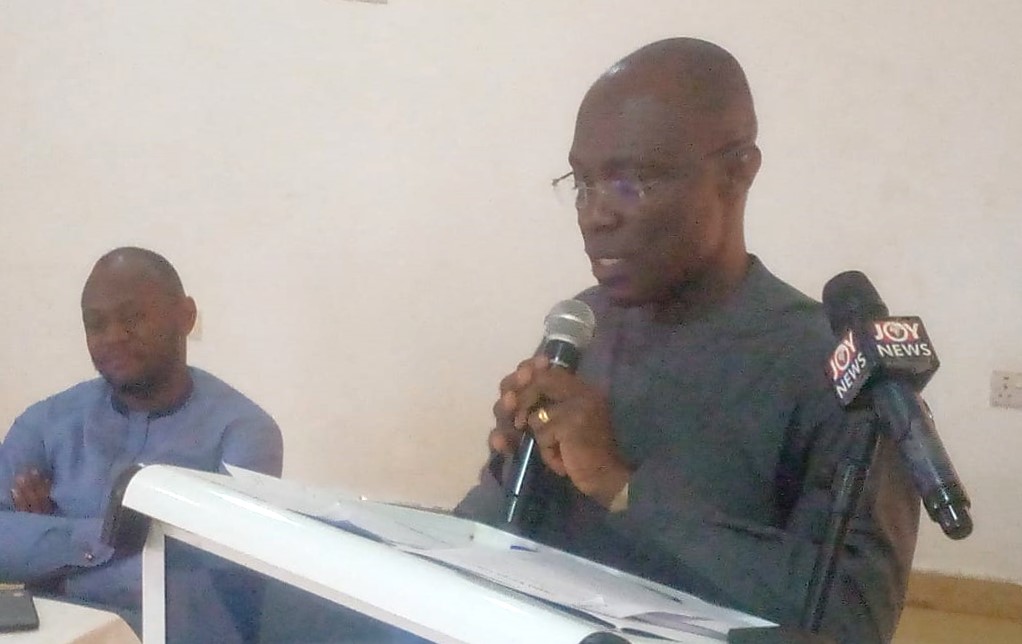Ghana's Research Scientists Demand Urgent Action to Combat Escalating Galamsey Crisis
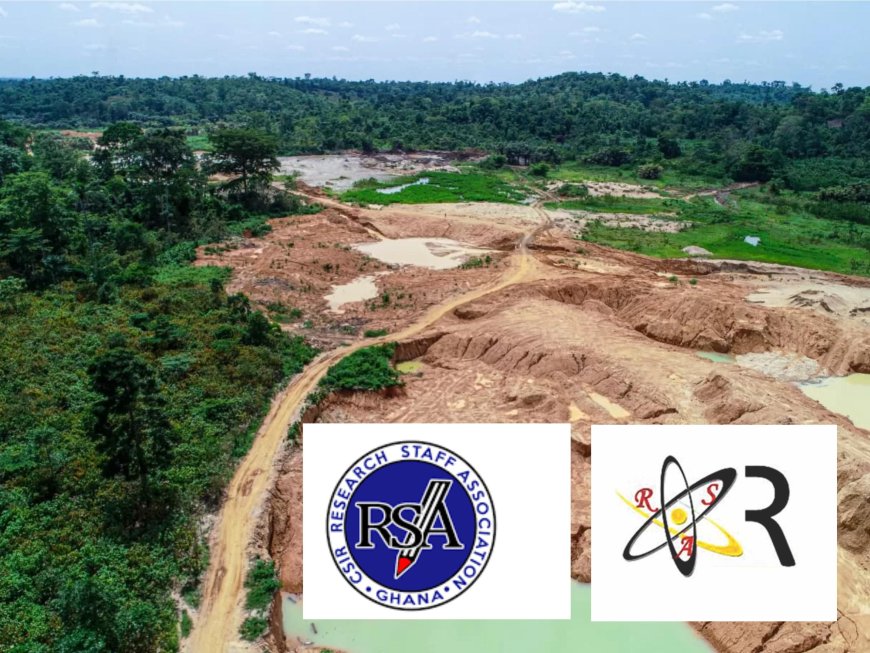
The devastating impact of illegal mining, commonly known as galamsey, has reached a critical level, prompting an urgent call for decisive action by two of Ghana’s foremost research bodies. The Research Staff Association (RSA) of the Council for Scientific and Industrial Research (CSIR) and the Research Scientists Association (RSA) of the Ghana Atomic Energy Commission (GAEC) issued a joint statement today, expressing their deep concern over the escalating environmental and public health crisis caused by galamsey activities.
In the statement, the scientists highlighted the severe degradation of water bodies, deforestation, and soil destruction, stressing the far-reaching consequences for Ghana’s environment, economy, and future generations.
Environmental Crisis Deepens
The statement draws attention to the grave environmental destruction caused by illegal mining. Water pollution is rampant, with rivers such as the Pra, Ankobra, and Offin heavily contaminated by toxic chemicals, particularly mercury and cyanide. These pollutants have rendered many water bodies unusable, affecting millions of Ghanaians who depend on them for drinking and farming.
“Our research shows that more than 60% of water bodies in mining areas are contaminated, posing a significant risk to human health,” the scientists warned. Deforestation is another major concern, with an estimated 50,000 hectares of forest lost annually to galamsey activities. This destruction not only threatens biodiversity but also contributes to climate change.
The statement also highlights the detrimental effects of galamsey on agriculture. The illegal mining activities have led to widespread soil degradation, reducing cocoa production by 30% in affected regions and resulting in the loss of 1.2 million hectares of farmland. This has severely impacted Ghana’s agricultural output and threatens food security.
Health Risks and Social Implications
Beyond environmental degradation, galamsey is endangering public health. The release of hazardous chemicals like mercury, cyanide, and lead into the environment has led to chronic health conditions in communities near mining sites. The scientists cited data showing mercury levels in some areas are five times higher than the World Health Organization’s recommended limits, leading to a surge in respiratory diseases, neurological disorders, and cancer cases.
Children in these communities are particularly vulnerable, with many suffering from intellectual disabilities and behavioral issues due to exposure to toxic substances. The statement also noted the increased strain on the Ghana Water Company Limited, as polluted water bodies make treatment more difficult and costly.
The social consequences of galamsey are equally alarming. Displaced farming communities have been left without livelihoods, fueling illegal migration, crime, and substance abuse. The researchers stress that rural poverty has worsened, with youth unemployment contributing to a rise in social vices.
Economic Fallout
The economic impact of galamsey is substantial. Ghana loses approximately $2.3 billion annually due to illegal mining, undermining national development efforts. The destruction of arable land and reduced agricultural productivity are worsening poverty, while legitimate mining companies are withdrawing from destabilized regions, leading to job losses and diminished foreign investment.
The public health crisis created by galamsey is also straining the country’s healthcare system, with rising cases of mercury poisoning and related health issues further burdening already overworked facilities.
Demands for Urgent Action
In light of these escalating challenges, the research scientists have put forth a series of demands. These include an immediate suspension of all small-scale mining activities for at least one year to allow for the promotion of sustainable mining practices. They also call for the repeal of the Environmental Protection (Mining in Forest Reserves) Regulation 2022 (L.I. 2462), which currently permits mining in forest reserves.
The scientists are advocating for a national program to restore degraded lands and water bodies, as well as the creation of alternative livelihoods for communities affected by galamsey. They emphasize the need for collaboration with traditional authorities and civil society to combat the illegal mining menace.
The statement concludes with a call for a national stakeholder dialogue, involving environmentalists, researchers, traditional leaders, and civil society organizations, to develop a sustainable solution to the crisis. “The time for rhetoric has passed,” the researchers said. “Urgent and sustained action is needed now.”
